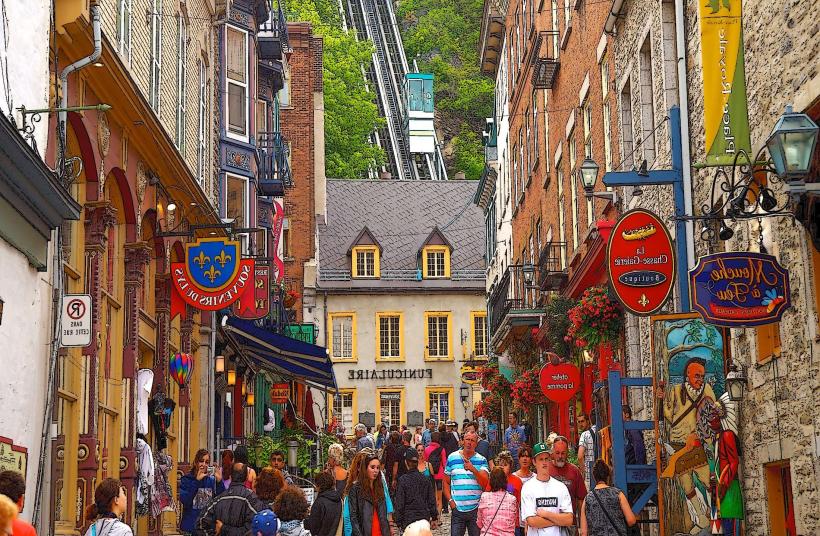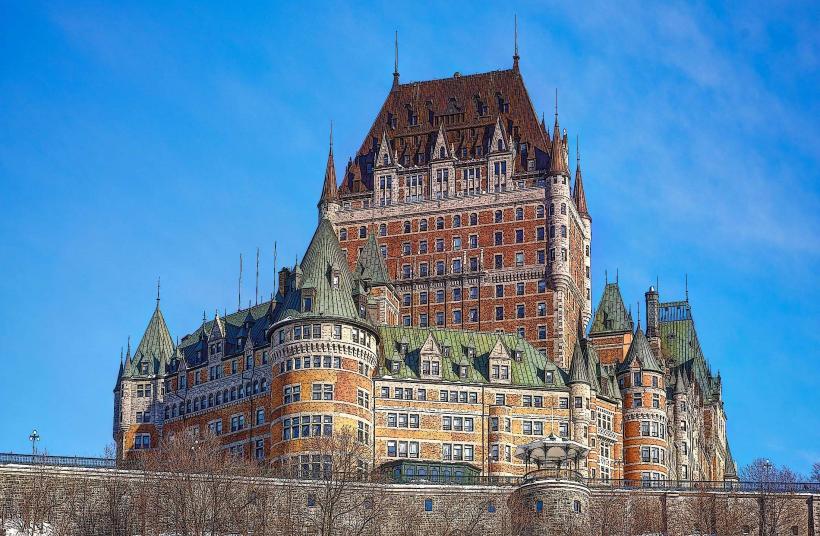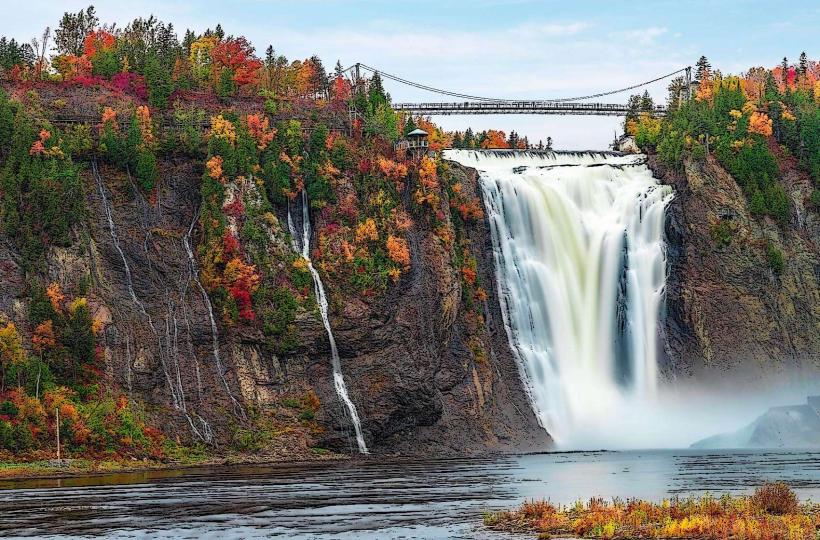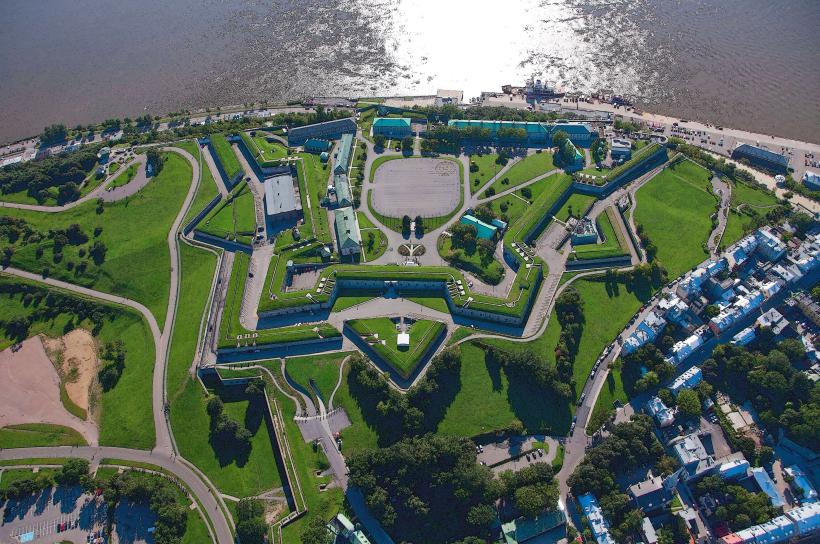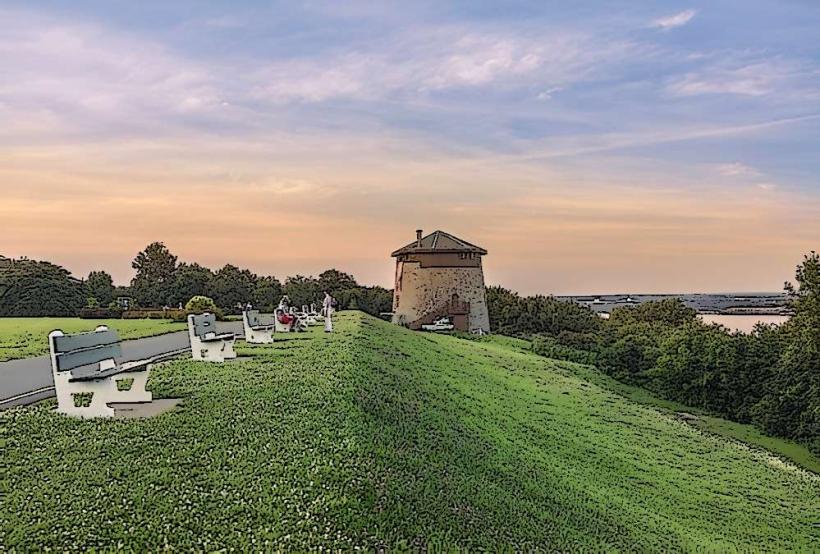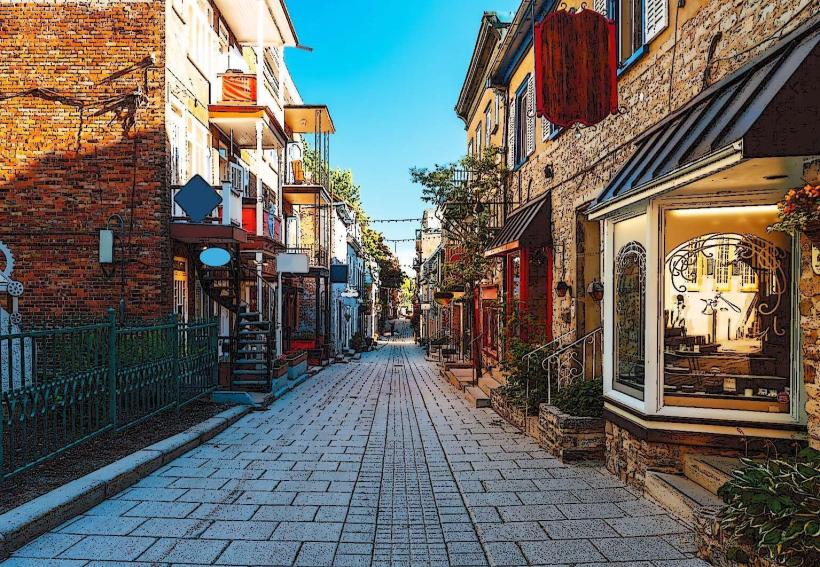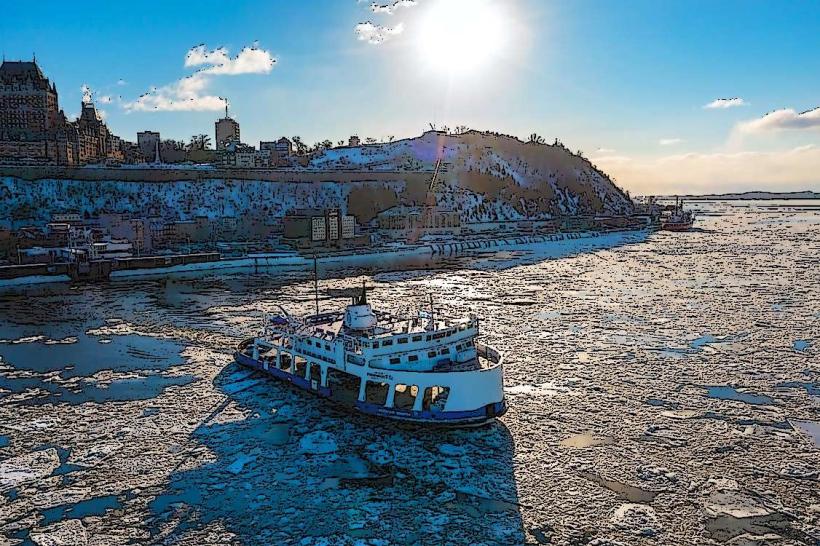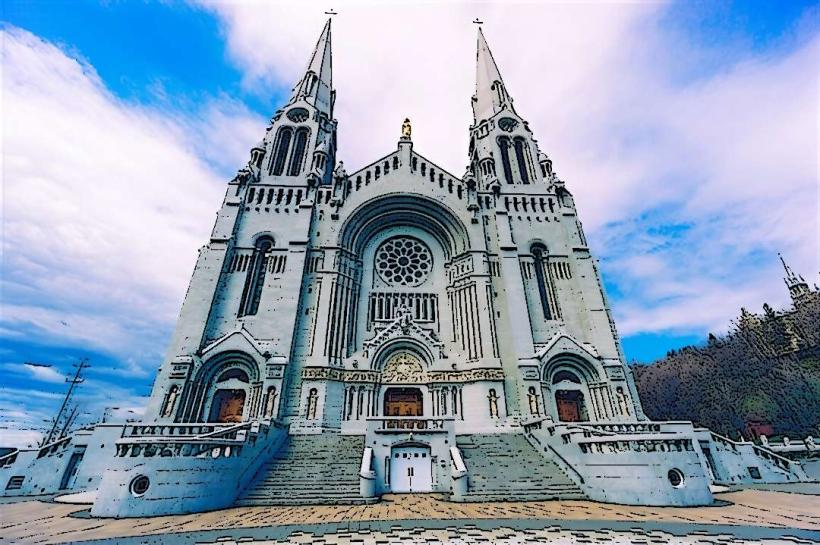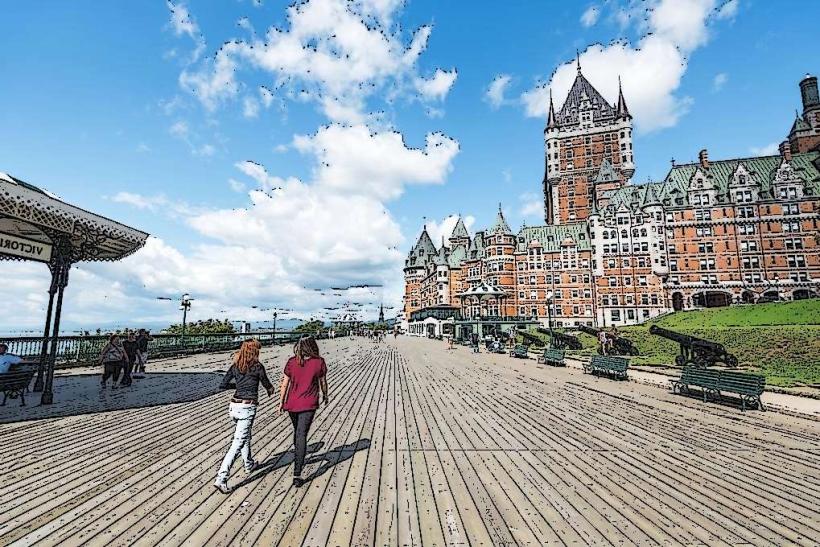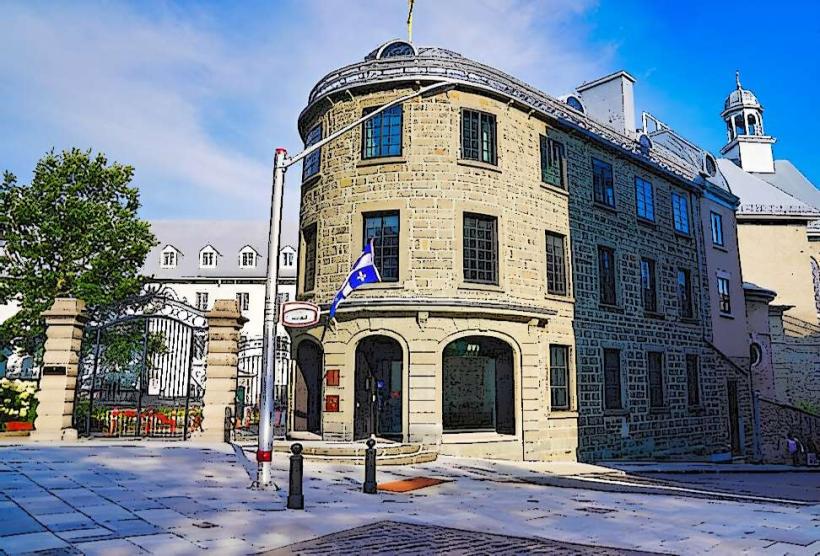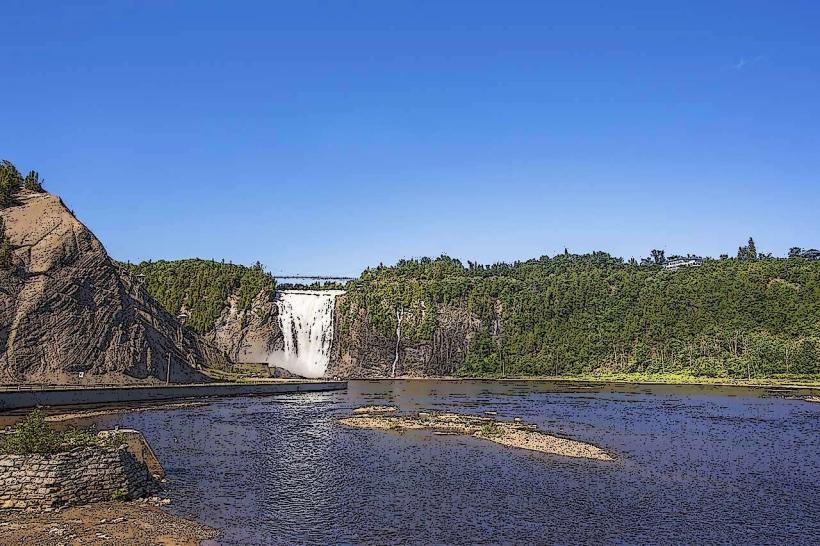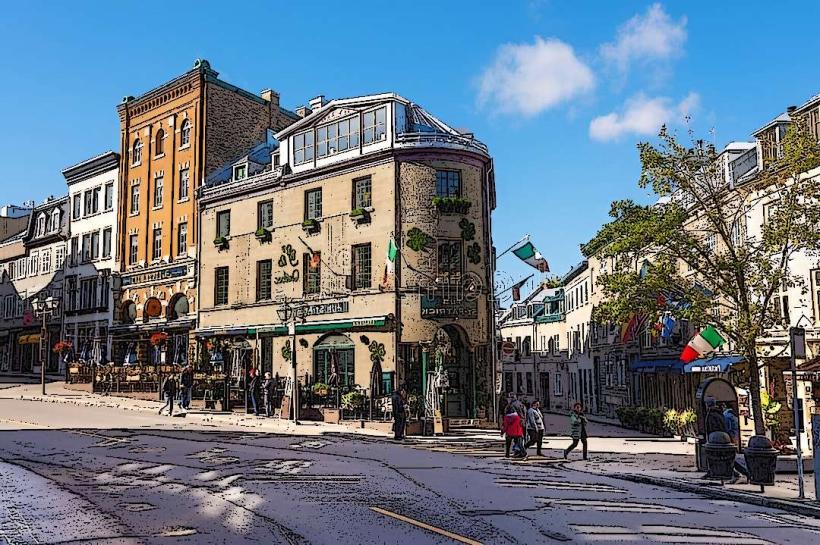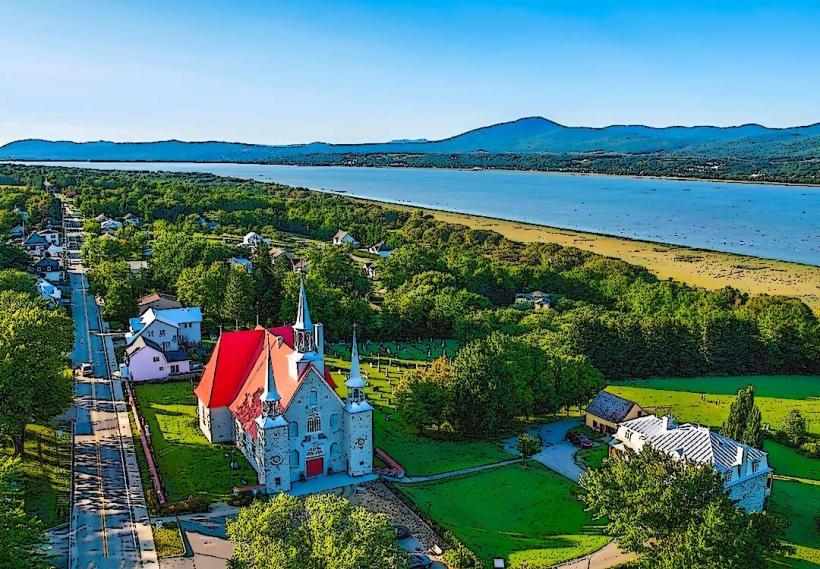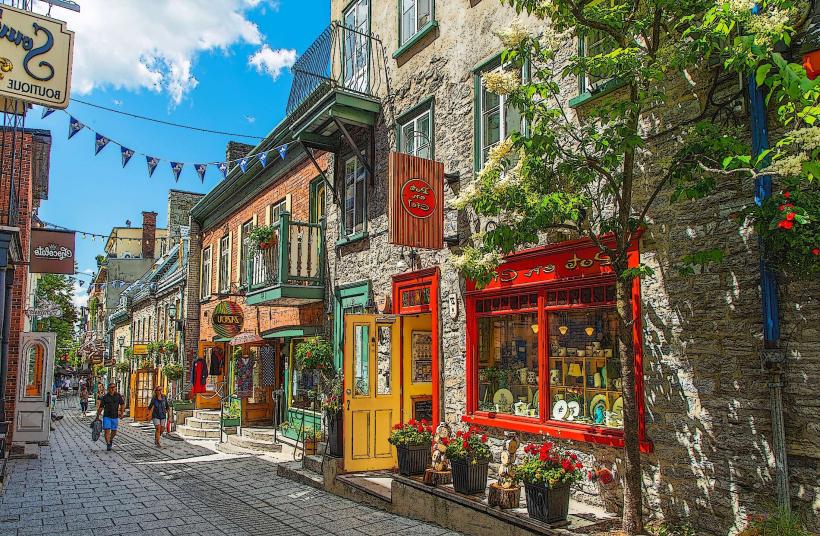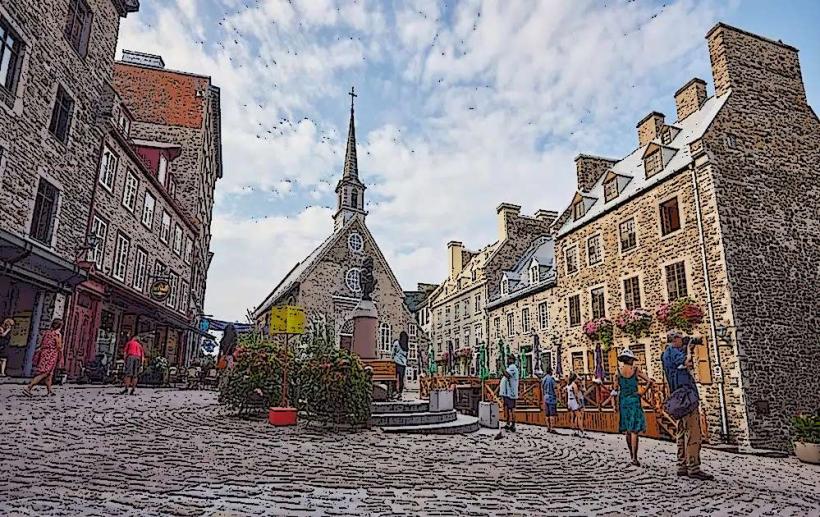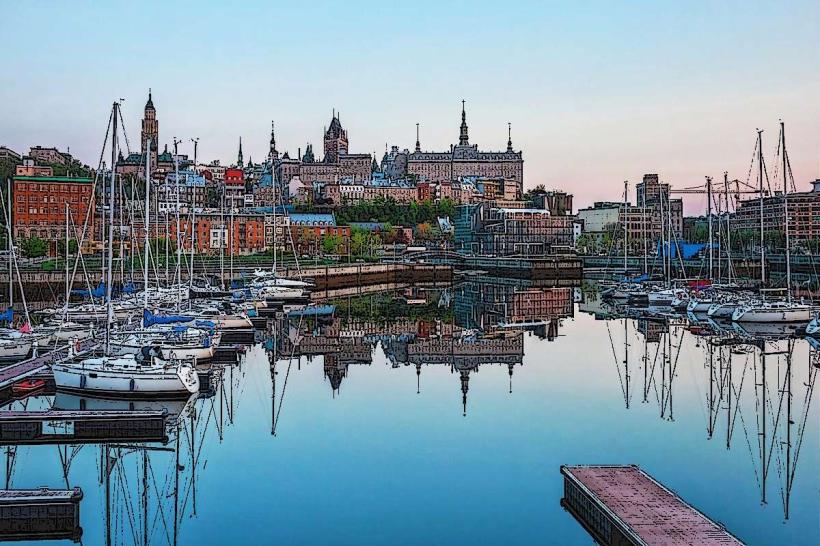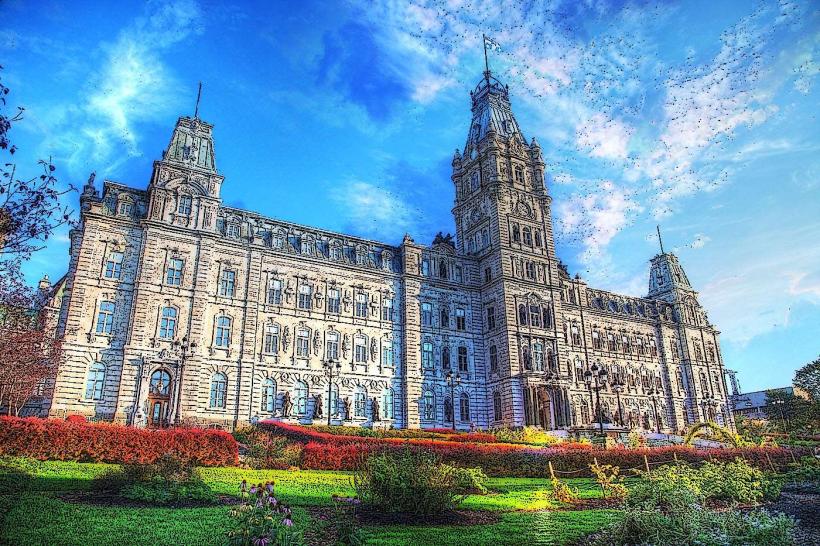Information
Landmark: Musée national des beaux-arts du QuébecCity: Quebec City
Country: Canada
Continent: North America
Musée national des beaux-arts du Québec, Quebec City, Canada, North America
The Musée national des beaux-arts du Québec is an art museum located in Quebec City, Canada. It houses a comprehensive collection of Quebec art from the 17th century to the present day.
Visual Characteristics
The museum complex comprises several distinct structures. The main building, the Pierre Lassonde Pavilion, features a modern design with a facade of white quartz and glass. It stands at approximately 25 meters in height. The older buildings, including the historic Laval University building, exhibit Beaux-Arts architecture with stone facades and classical detailing.
Location & Access Logistics
The museum is situated at 175 Grande Allée Est, Quebec City, QC G1R 5H3. It is approximately 2.5 kilometers east of the Old Quebec city center. Driving from downtown, take Grande Allée Est directly to the museum. Parking is available in an underground lot accessible from Grande Allée Est, with a capacity of 300 vehicles. Public transport options include bus lines 11, 25, and 800, which stop within a 5-minute walk of the museum entrance.
Historical & Ecological Origin
The oldest part of the museum complex was originally the Laval University building, constructed between 1852 and 1879. The museum itself was founded in 1863 by the Quebec government. The Pierre Lassonde Pavilion, designed by OMA and Provencher_Roy, opened in 2016, significantly expanding the museum's exhibition space.
Key Highlights & Activities
Visitors can explore permanent collections of Quebec painting, sculpture, and decorative arts. Temporary exhibitions feature national and international artists. The museum offers guided tours daily at 11:00 AM and 2:00 PM. The sculpture garden is accessible during warmer months.
Infrastructure & Amenities
Restrooms are available on all levels. The museum provides climate-controlled exhibition spaces. Cell phone signal (4G/5G) is generally strong within the buildings. A museum café and gift shop are located on the ground floor of the Pierre Lassonde Pavilion. Limited shaded areas are present in the outdoor sculpture garden.
Best Time to Visit
For optimal lighting on the exterior architecture, visit between 10:00 AM and 12:00 PM or 3:00 PM and 5:00 PM. The museum is open year-round. Weekday mornings, particularly Tuesday and Wednesday, tend to have lower visitor numbers.
Facts & Legends
A notable historical oddity is the museum's original location in the Quebec Parliament Building before moving to its current site. The museum's collection includes over 40,000 works, making it one of the largest art collections in Canada.
Nearby Landmarks
- Plains of Abraham (0.3km West)
- Parliament Building of Quebec (0.8km West)
- Citadelle of Quebec (1.2km Southwest)
- Musée de l'Amérique francophone (1.5km West)
- Fairmont Le Château Frontenac (2.0km West)

